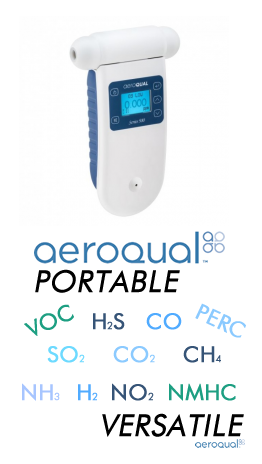Acetylene Information

Acetylene

|
Other Names |
Ethyne |
|
Chemical Formula |
C2H2 |
|
CAS Number |
74-86-2 |
|
Industry Uses |
Fuel, Welding, Portable Lighting, |
|
Health Risks |
Can contain toxic impurities; Can cause headache, dizziness, and in extreme cases, loss of consciousness; Frostbite |
|
Vapor Pressure |
44.2 atm |
|
Water Solubility |
Slightly Soluble |
|
Flammability |
Extremely Flammable |
|
Odor |
Faint, Garlic-like |
What is Acetylene:
Acetylene is colorless, with a faint garlic-like odor, and very flammable. It is widely used as fuel and chemical building block. Pure acetylene is unstable, so it is commonly handled in solution. Acetylene is used for welding and cutting due to the high temperature of the flame. Calcium carbide was used to generate acetylene for portable lighting. Acetylene is used to volatilize carbon in radiocarbon dating of archaeological samples. Acetylene is extremely flammable and easily explodes under pressure.
Acetylene Exposures and Health Risks:
The primary risks of acetylene are due to the dangers of explosion or flame. Burns and frostbite are easily obtained from contact with expanding gas. Burns and frostbite should immediately be seen by a medical professional. Should contact occur, immediately flush area with plenty of water and remove any contaminated clothing. Inhalation can cause headache and dizziness, or even loss of consciousness in extreme cases. Should symptoms of inhalation be noticed, remove to fresh air, providing oxygen if necessary.
Regulations:
ACGIH recommends a TLV-TWA of 5 mg/m3 for welding fumes. ACGIH labels acetylene as a simple asphyxiant in the case of overexposure. Acetylene does not have listed exposure regulations by NTP, OSHA, NIOSH, or IARC.
Measuring Acetylene:
We have both portable and fixed monitors with sensors designed specifically to measure levels of acetylene.
What type of Acetylene component are you looking for?
| Fixed Mount | Handheld | Replacement Sensors: |
 |
 |
 |
All sensors require a yearly calibration to ensure your gas measurements are accurate and performing within manufacturer standards. This page is desiccated to the individual manufacturers we represent and their specific calibration procedures.
**Calibration Service Request Form **
|
Calibration costs do vary, see below to get an estimate: Calibration Fee: $150 Analyzer Calibration Fee: $300 PM Calibration Sensor Fee: $330 Genie Calibration Fee: $265 ATI Calibration Fee: $205 ** note that prices are subject to change per labor and parts required. |
Contact us for help choosing the right Acetone Sensor for your application
















